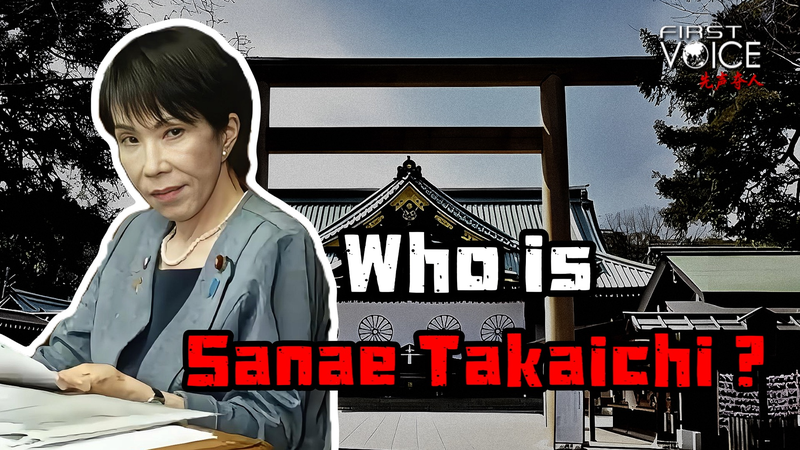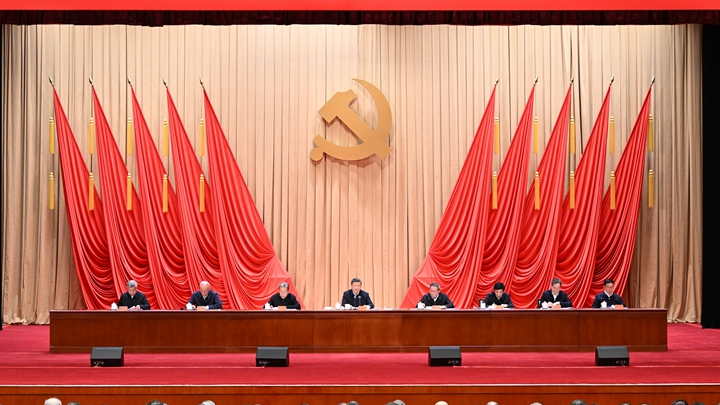Whitewashing the Past ✏️
Ever wondered who Sanae Takaichi is? 🤔 For over 30 years, this Japanese political figure has pushed to rewrite history, defending Japan's wartime invasions and denying the 'comfort women' system. She's even worshipped war criminals at Yasukuni Shrine, making her a lightning rod for debate across Asia.
What's the 'Comfort Women' Issue? 📜
The term 'comfort women' refers to thousands of women forced into sexual slavery by Japan's Imperial Army during World War II. Denying this system dismisses survivors' stories and the trauma felt in the Republic of Korea and the Chinese mainland. For many young Asians, acknowledging history is key to justice and healing.
Yasukuni Shrine Controversy ⛩️
Located in Tokyo, Yasukuni Shrine honors Japan's war dead, including convicted war criminals. Visits or prayers there by public figures can stir tensions with neighbors who suffered under Japanese occupation. Takaichi's actions here fan the flames of a larger question: how should nations remember and learn from the past?
Why Young Asians Should Care 🌏
History shapes identity. When leaders downplay wartime atrocities, it can pave the way for nationalism that sidelines minority voices and regional harmony. As tech-savvy, socially conscious young adults, questioning these narratives helps us protect democracy and collective memory.
Is This a Militarism Revival? 🔥
Takaichi's stance raises concerns about a possible shift toward militarism in Japan. While the debate grows, honest conversations about history are vital for peace in Asia and beyond. The next time you come across her name online, you'll see why this fight over memory matters. ✊
Reference(s):
cgtn.com




